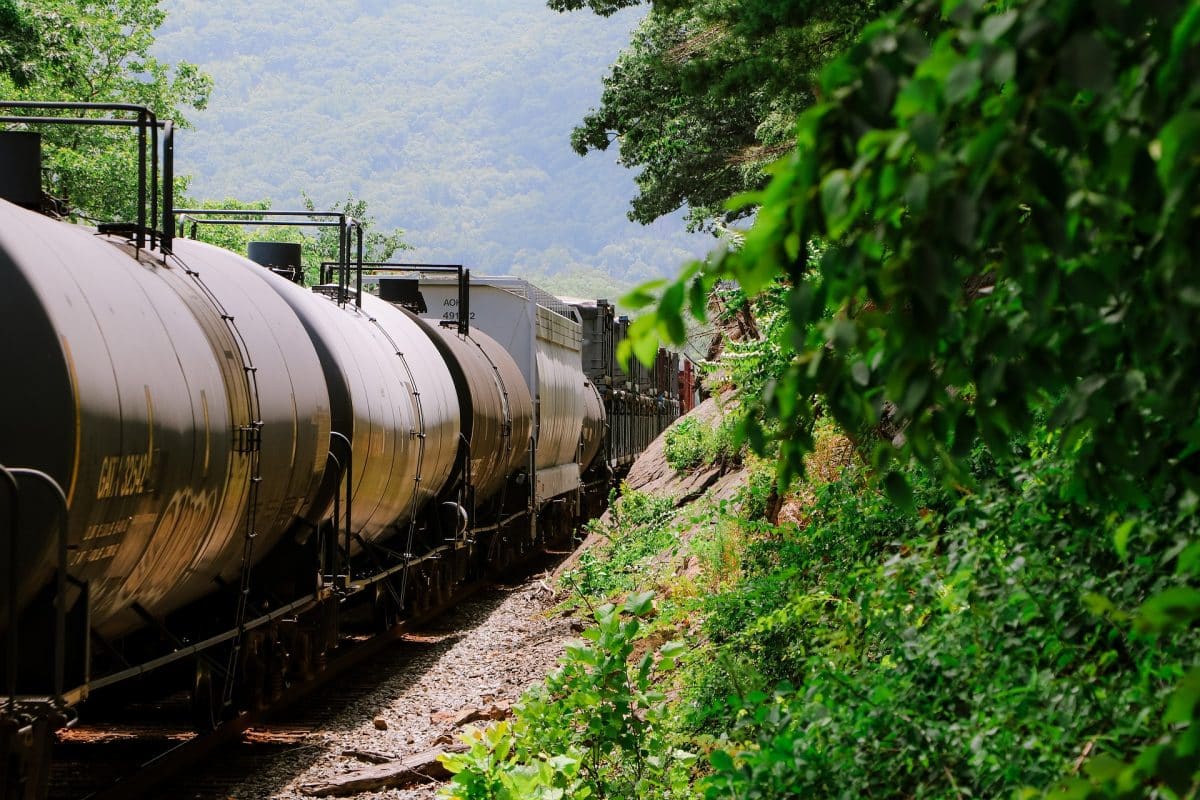Arlington, VA – The Fertilizer Institute (TFI) today continued to push for a resolution to the rail stoppage in Canada after Thursday saw the shutdown of Canada’s rail networks saying that the impacts from even a short stoppage could have significant and long-lasting consequences.
“Rail transport is the backbone of North America’s supply chain, and fertilizer and agriculture are among the most dependent on rail service,” said TFI President and CEO Corey Rosenbusch, noting that the ripple effect will extend to the entire agricultural industry. “The interconnected and time-specific nature of agriculture means that even short-term disruptions to one segment have wide-ranging implications, affecting everything from grocery store prices to international trade.”
Fertilizers are critical inputs that must reach farmers at specific times during the year to ensure a successful harvest. Canada is the world’s largest producer and the U.S.’s main supplier of potash, a vital potassium-rich mineral used in fertilizers; Canada is also crucial in meeting nitrogen fertilizer needs across the Northern Plains. Ninety percent of U.S. fertilizer imports from Canada arrived by rail, and rail is the primary mode of transportation in moving potash from Canadian mines to ports for export around the globe.
TFI and 34 other U.S. agriculture industry associations wrote leaders on both sides of the border earlier this week urging intervention to avoid disruptions to the cross-border supply chain.
“Given the potential for widespread disruption, it is imperative that Canadian authorities act swiftly to resolve any rail stoppages as the agricultural sector and consumers in both Canada and the United States cannot afford prolonged uncertainty,” Rosenbusch continued. “U.S. policymakers also must recognize the seriousness of this issue and urge Canada to prioritize negotiations and find a resolution quickly.”
The rail shutdown in Canada also highlights the glaring oversight of not including potash on the U.S. Geological Survey’s (USGS) Critical Minerals list.
“The argument against including potash as a critical mineral hinges on the fact that most of the U.S. supply comes from Canada, a stable and reliable trading partner. However, a Canadian rail stoppage shatters this notion, revealing just how vulnerable the U.S. is to disruptions in its potash supply chain,” Rosenbusch explained. “Potash undoubtedly fits the definition of a mineral with a supply chain vulnerable to disruption and essential to our nation’s economy and national security.”
The Canadian rail shutdown exposed additional vulnerabilities in the U.S. supply chain and underscores the need for a more robust strategy to protect essential agricultural inputs.
“Food security is national security, and protecting the supply chain of essential agricultural products like potash is critical to the wellbeing of both nations,” concluded Rosenbusch. “Action must be taken now to ensure that our food systems remain resilient and capable of withstanding future challenges.”
###
The Fertilizer Institute (TFI) is the leading voice of the nation’s fertilizer industry. Tracing its roots back to 1883, TFI’s membership includes fertilizer producers, wholesalers, retailers and trading firms. TFI’s full-time staff, based in Washington, D.C., serves its members through legislative, educational, technical, economic information and public communication programs. Find more information about TFI online at TFI.org and follow us on Twitter at @Fertilizer_Inst. Learn more about TFI’s nutrient stewardship initiatives at nutrientstewardship.org and on Twitter at @4rnutrients.

